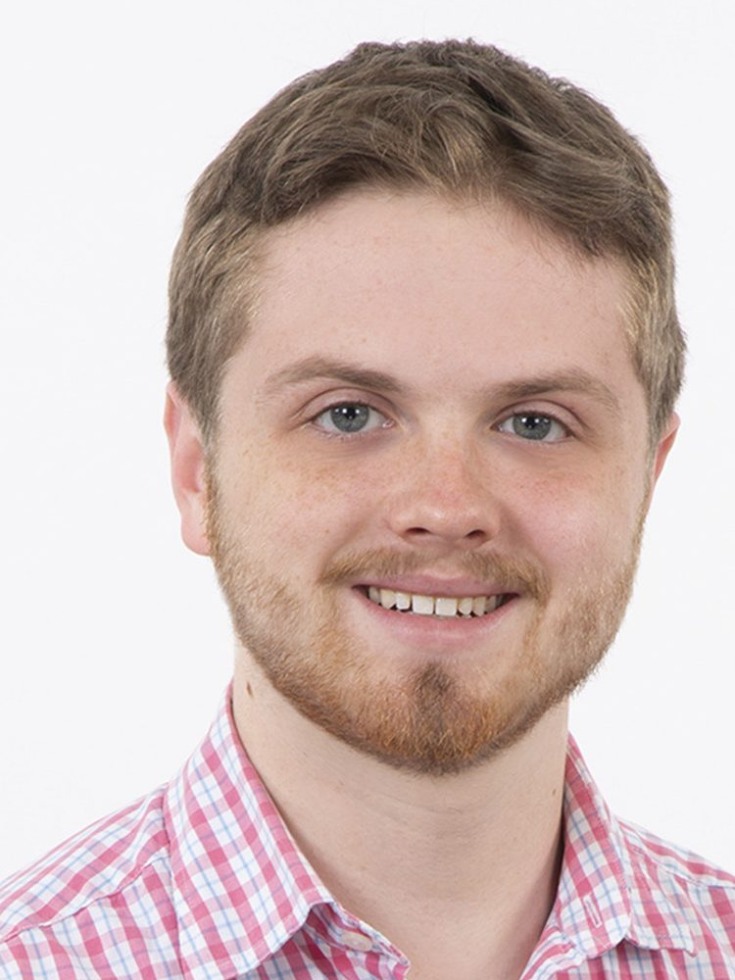Unmasked: Openness and Autistic Public Health
Introducing Myself and This Column
“ The biggest thing that people with autism can do to change the culture [of stigma and disenfranchisement] is simply to come out. Not only can this help to change the way neurotypical [nonautistic] people see us, but it can help empower a younger generation of those with autism as well. ”
I am a Brown sophomore planning to concentrate in the undergraduate public health program. I am also part of that younger generation of autistic people that Garcia describes in his 2015 Atlantic article, “I’m Not Broken.” I am particularly interested in autistic-driven autism research and public-health initiatives. This column will address, through a combination of personal perspective and research analysis, the public-health value of greater openness and self-advocacy with respect to autism. In this introductory article, I discuss the individual- and macro-level factors that motivated me to write a column on this topic.
After years of striving to mask1 my diagnosis, the prospect of opening up about it felt like jumping from a high diving board for the first time. I ultimately took the leap of faith in a speech to my high school’s student body, faculty, and parents before graduating in 2020.
Though daunting, I elected to open up in the most public way I could. Given that other autistics’ perspectives had been crucial in motivating my own decision, I subsequently set my sights on local publication2 and regional media coverage3. Equally important in motivating me were lessons learned from the field of public health. Scholarship from a variety of major public-health initiatives, from sexually-transmitted disease prevention to mental– and menstrual–health promotion, has dealt repeated blows to the past social consensus that there are certain health conditions deserving of stigma.
Still, stigma toward autistic people (and, more broadly, disability) remains a factor relevant to autistic public health. Some research and therapeutic philosophies too broadly presume that nonautistic appearance is an optimal outcome for autistic people. Further examples of stigma include trends in media coverage of parents charged with filicide when the victim is autistic, influential messaging campaigns from some nonautistic-dominated autism nonprofits, and the enduring traction of dangerous vaccine-autism disinformation4.
Talking about one’s diagnosis is a powerful first step that autistic people of my generation can take to promote a culture of openness.

This context is what inspired me to go public with my diagnosis. Autistics would reap significant public-health benefits from a culture of greater openness, acceptance, and empowerment. Greater openness would facilitate greater opportunities for self-advocacy in (I) daily life and (II) the autism research agenda, and (III) would also promote mental wellness. The following articles in this series will each address one of these three topics.
Talking about one’s diagnosis is a powerful first step that autistic people of my generation can take to promote a culture of openness. Of course, not all autistics will be ready to do this now; this is a personal decision, and people living, learning, or working in intolerant environments might find it prohibitively daunting in the present day. And, depending on the nature of one’s support needs, one may not have the opportunity to decide when or how they open up about their diagnosis.
Though these qualifications may appear confining at first glance, they clarify the next steps on the individual level.
For autistic people who are considering opening up like I had been two years ago, it is a valuable way to improve one’s personal welfare and advance the broader public health of autistic people at the same time.
For nonautistics, the best way to advance destigmatization is to support, accept, and actively listen to those who have chosen to open up to them.
If opening up to everyone at once would be too daunting for someone on the spectrum, there is much room for personalization in how one opens up about a disability, and there is always a place to start. The marginal benefit of being open with one trusted, tolerant person versus no-one would be particularly high.
Collectively, autistics who are considering opening up can help the broader community leverage the domino effect in destigmatization. A growing population of open autistics will, over time, reduce the environmental barriers that deter masked ones looking for acceptance from opening up themselves.
Notes
1 In the context of autism, masking refers to when an autistic person strives to act nonautistic, especially in social settings and often as a “survival strategy” amid stigma. A growing body of research is examining impacts that the societal pressure to mask might have on autistic people’s mental health. This research will be discussed in detail in one of this series’ upcoming articles.
2 Refer to pp. 16-17 in scan.
3 A terminology clarification that applies to both articles referenced here: Then considered a distinct form of autism, Asperger’s Syndrome was the original name of the diagnosis I had received. As a result, it became the main term I used to describe my condition. However, since publishing these articles, I realized that the most recent edition of the DSM had phased out the Asperger’s subtype –– it now simply refers to the condition as autism.Since learning this, I have described myself as autistic, rather than having Asperger’s.
4 Dylan Matthews, an autistic journalist, notes the dangerous practical-behavior translation of this pseudoscientific theory: “We’re willing to increase our child’s risk of death and serious illness in order to reduce their risk of getting autism.”
This is the first article of a series about openness, acceptance, empowerment, and autistic public health.
Christopher Walsh ‘24.5 is undergraduate at Brown University concentrating in public health. To contact Chris directly, please email public_health@brown.edu, subject line: autism.
